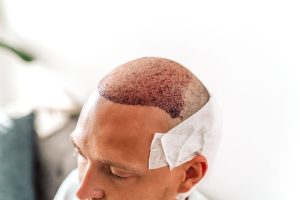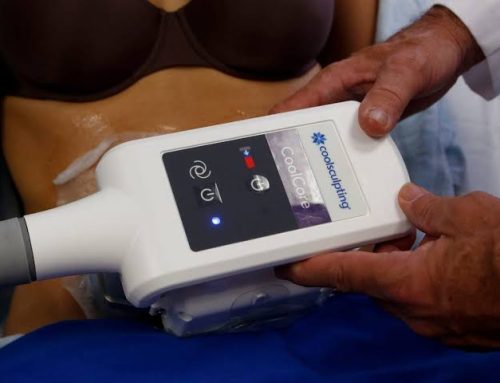Introduction
Hair loss can affect people of all ages, but determining the best age for a hair transplant is crucial for achieving optimal results. While there’s no one-size-fits-all answer, several key factors come into play when deciding on the right time for a hair transplant, whether with the FUE or DHI hair transplant method.
What is the best age to get a hair transplant?
While there isn’t a fixed age for considering a hair transplant, it’s advisable to wait until reaching at least 25 years of age. The rationale behind this recommendation lies in the fact that hair loss can persist beyond the age of 25.
Minimum Age: Hair transplants are generally not recommended for patients under the age of 18. This is because the hair loss pattern may not yet be clear, and hair loss in younger individuals can continue to progress.
- Ideal Age: The best age for a hair transplant is typically between 25 and 40 years old. By this age, the pattern of hair loss is often well-established, making it easier to plan the transplant. Additionally, the body’s immune system tends to be stronger, aiding in the success of the procedure.
- Older Ages: While there’s no strict upper age limit for hair transplants, the success of the procedure can vary. In general, the earlier the procedure is performed, the better the long-term results tend to be.

Who is a good candidate for a hair transplant?
Hair loss can affect people of all ages, but determining the best age for a hair transplant is crucial for achieving optimal results. While there’s no one-size-fits-all answer, several key factors come into play when deciding on the right time for a hair transplant.
- Hair Loss Stage: The stage of hair loss is a crucial consideration. It’s advisable to wait until hair loss has stabilized before getting a hair transplant.
- Donor Hair: Having a good donor area (back of the head, additional down of the chin and the chest area).
- Overall Health: Your overall health and fitness play a role in determining if you’re a suitable candidate for the procedure.
- Consultation: Consultation with a specialist is vital. A qualified doctor can assess your specific situation and recommend the best timing for your hair transplant.
What age is too late for a hair transplant?
There is no upper age limit for undergoing hair transplant surgery. Male pattern hair loss can affect all of all ages, with its prevalence increasing as people get older. For instance, approximately 20% of men in their 20s experience male pattern hair loss, a percentage that rises to 50% by the age of 50.
Hair loss can have a significant impact on individuals, regardless of their age. Some younger patients may believe that they’ll become less concerned about hair loss as they age. However, in many cases, this isn’t true. Hair loss remains a concern for individuals throughout their lives. Even individuals over 50 may still feel a stigma around discussing how hair loss affects them, which can influence their decision to seek advice or treatment.
The good news is that suitability for hair transplantation isn’t determined by age alone. Instead, it depends on factors like the cause of hair loss, the quality and quantity of available donor hair, and the patient’s expectations.
Hair transplants have been successfully performed on people in their 60s, 70s, and even 80s.
One advantage of having a hair transplant at an older age is that the pattern of hair loss is usually more established and predictable, making it easier to plan for a natural-looking result. Additionally, many older men are concerned about having to shave their heads for surgery, which may not be necessary, especially for those undergoing DHI procedures.
Ultimately, the key question is not whether they are too old for a transplant but whether their hair loss is bothering them. If the answer is yes, seeking professional advice on available options is a positive step and does not commit them to surgery.

Conclusion
In conclusion, there’s no universal age for a hair transplant; it depends on individual factors. Addressing hair loss early offers better chances of success. Consult a qualified surgeon to determine the most suitable solution for your unique needs and regain confidence through a healthy head of hair.
Disclaimer: The content on this blog is intended for general informational purposes only. It is not a substitute for professional medical advice, diagnosis, or treatment. Always consult qualified healthcare providers for personalized advice. Information regarding plastic surgery, dental treatment, hair transplant, and other medical procedures is educational and not a guarantee of results. We do not assume liability for actions taken based on blog content. Medical knowledge evolves; verify information and consult professionals. External links do not imply endorsement. By using this blog, you agree to these terms.










